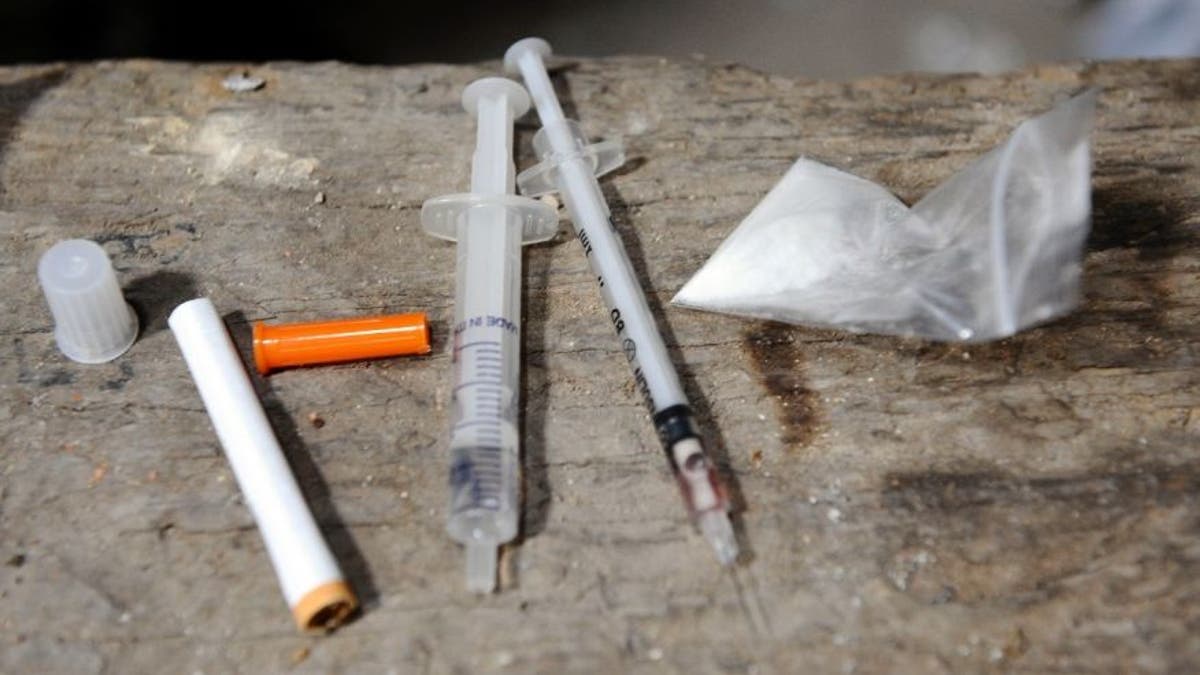
Heroin addiction is notoriously difficult to overcome, but a new study finds that some people with particularly serious addictions may benefit from treatment with a drug related to morphine.
The study, from researchers in Canada, focused on the small portion of people with heroin addiction who have tried and failed to treat their addiction multiple times with existing medications — mainly, the oral medications methadone and buprenorphine — and who continue to use street drugs and engage in illegal activity to obtain the drugs.
Among this specific group, treatment with medical-grade heroin has been shown to be effective in reducing illegal heroin use and getting people to stick with treatment. But in many countries, including the United States, medical-grade heroin isn't an option for patients because the drug's use, even for medical reasons, is illegal.[10 Interesting Facts About Heroin]
So, in the new study, researchers wanted to see if an alternative treatment with a similar drug, a pain reliever called hydromorphone, would work as well as treatment with medical-grade heroin.
And they found just that: Among the 200 people who were randomly assigned to take either hydromorphone (which is related to morphine) or medical-grade heroin, people in both groups reduced their use of street heroin by similar amounts. (Medical-grade heroin contains only the active ingredient in heroin, diacetylmorphine, whereas street heroin usually contains other compounds in addition to heroin.)
At the start of the study, participants were using street heroin an average of 27 days per month, but after six months of treatment, participants in the hydromorphone group were using street heroin about five days per month, and those in the medical-grade heroin group were using street heroin about three days per month.
The findings suggest that "in jurisdictions where diacetylmorphine is currently not available … hydromorphone could be offered as an alternative," the researchers, from the Centre for Health Evaluation and Outcome Sciences at St. Paul's Hospital in Vancouver, wrote in the April 6 issue of the journal JAMA Psychiatry.
Treatment with hydromorphone was also linked with fewer serious side effects, such as overdoses and seizures, than treatment with medical-grade heroin.
All of the injections were supervised by a nurse, and participants were not allowed to take the medications out of the exam room. The idea is that the injections will reduce withdrawal symptoms, and keep patients from using street heroin while they are undergoing treatment.
The researchers came up with the idea to try hydromorphone for heroin addiction after they noticed, in another addiction study, that people treated with hydromorphone couldn't tell that they weren't being treated with heroin.
It's important to note that both medical-grade heroin and hydromorphone are considered "last resort" treatments for people with serious addictions. In the study, people had been using street heroin for an average of 15 years, and had failed at least twice to treat their addictions with other methods. About 60 percent of the study participants were homeless.
"The study results indicate that for an important but small and carefully defined population, supervised injection of hydromorphone has comparable efficacy to supervised heroin injection," Dr. Richard Schottenfeld and Stephanie O'Malley, of the Yale School of Medicine, wrote in an editorial accompanying the study.
Still, even though hydromorphone is an approved drug for pain relief in the United States, doctors cannot use it right now to treat people with heroin addiction. That's because hydromorphone is an opioid (like heroin), and it is not legal to use any opioids (other than methadone and buprenorphine) to treat heroin addiction, Schottenfeld and O'Malley said.
This means that "regulatory changes would be required to permit supervised hydromorphone injection" in the United States, they said.
- The Drug Talk: 7 New Tips for Today's Parents
- Understanding the 10 Most Destructive Human Behaviors
- Never Too Late: 5 Bad Habits You Should Still Quit
Copyright 2016 LiveScience, a Purch company. All rights reserved. This material may not be published, broadcast, rewritten or redistributed.








































